The Art of Catering: A Fusion of Flavor, Service, and Experience
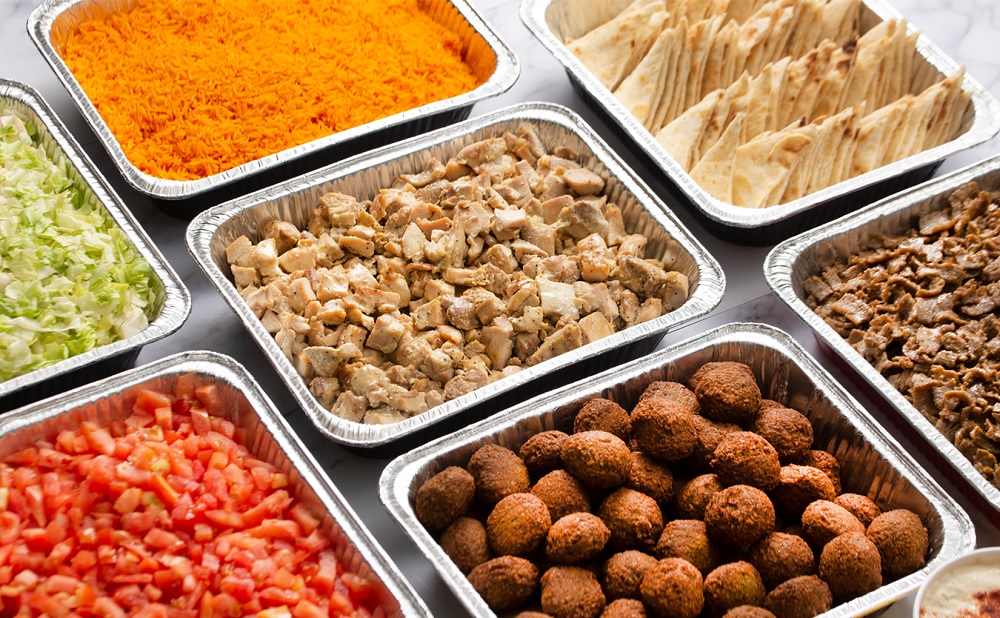
Catering, in its many forms, is one of the most dynamic and multifaceted industries in the world of hospitality. From intimate gatherings to grand events, from corporate functions to weddings, catering has long been an essential element of celebratory and communal experiences. However, the true essence of catering goes beyond simply providing food; it is about creating an experience that engages the senses, nourishes the body, and reflects the values and personality of the host. It is an art form that combines creativity, culinary skill, precision, and exceptional service to elevate an event to a level of distinction.
A Historical Perspective: Catering’s Evolution
The concept of catering dates back centuries, though the modern form we recognize today is a relatively recent development. Ancient civilizations were the first to demonstrate the importance of shared meals during feasts, rituals, and celebrations. In ancient Greece and Rome, elaborate banquets were held in honor of gods, military victories, and political alliances, often showcasing exotic foods and fine wines. These lavish gatherings, while not catering in the modern sense, laid the foundation for what would evolve into a sophisticated hospitality industry.
The birth of professional catering, however, is often attributed to 19th-century Europe, particularly in England. As the Industrial Revolution transformed the workforce and the social structure, the demand for catering services began to rise, especially among the affluent classes. Banquets, balls, and weddings required a level of service and presentation that the typical household could not provide on its own. Professional caterers, often trained chefs or specialized service personnel, began to emerge as the go-to providers for events that required not only quality food but also coordinated service and attention to detail.
By the mid-20th century, catering expanded beyond the elite to cater to corporate functions, public events, and even private home dining. The rise of large-scale event planning, combined with an increasing demand for gourmet experiences, led to the growth of catering companies that specialized in everything from corporate lunches to extravagant weddings. This shift democratized catering, making it accessible to a broader audience while continuing to elevate the standards of service and cuisine.
The Craft of Catering: Where Food Meets Service
At its core, catering is an intersection of food preparation and exceptional service. A caterer’s job is not merely to prepare and serve food but to craft an experience where every aspect is meticulously planned and executed. Every successful catering event hinges on several key elements: the quality of the food, the timeliness and professionalism of service, the presentation of dishes, and the atmosphere created for the guests.
Culinary Excellence
Food is the heart of catering, and its quality is paramount. Professional caterers employ a blend of traditional and contemporary techniques to create dishes that not only delight the palate but also impress visually. The menu must reflect the preferences of the host while also catering to the dietary needs and expectations of the guests. This requires an intimate understanding of culinary trends, ingredient sourcing, and techniques that range from classic French cuisine to innovative molecular gastronomy.
In addition to creativity, a great caterer understands the importance of balance—flavor balance, portion control, and texture harmony. An experienced chef will carefully select ingredients, paying attention to seasonality and sourcing local, fresh produce whenever possible. Whether it’s a simple canapé or an elaborate five-course meal, the caterer’s expertise ensures that each dish is executed to perfection.
Service: The Unsung Hero
While food takes center stage, exceptional service is what truly elevates an event. The professionalism of the catering team is an integral part of the experience. From the moment guests arrive to the last drink of the evening, the caterers’ ability to anticipate needs, maintain a seamless flow, and stay poised under pressure can make all the difference.
In large-scale events, the service staff must operate with precision, ensuring that food is served at the right temperature, drinks are refilled, and every detail of the event flows smoothly. The best caterers understand that timing is crucial, especially when juggling multiple courses, dietary restrictions, and guest preferences. They also anticipate the mood of the event—whether it’s an elegant gala requiring subtle and discrete service or a lively celebration that calls for more dynamic engagement. Regardless of the event’s tone, impeccable service is key to creating a memorable experience for all involved.
Presentation and Ambience
Catering is as much about aesthetics as it is about taste. The visual appeal of the food plays a significant role in setting the tone of an event. A well-plated dish, adorned with vibrant garnishes and arranged in a way that pleases the eye, enhances the overall experience. Catering also involves designing entire tablescapes for buffets, setting up dessert tables that are as inviting as they are tempting, and even arranging the layout of food stations for ease of access and flow.
In addition to the physical presentation of the food, the catering team also contributes to the overall ambience of the event. Whether it’s through mood lighting, the arrangement of tables, or the use of tableware, every element is thoughtfully curated to complement the event’s theme. A sophisticated dinner, for example, may feature fine china and crystal glasses, while a casual outdoor barbecue might embrace rustic wooden platters and mason jar drinks, each elevating the experience and reinforcing the atmosphere.
The Scope of Catering: From Small Gatherings to Grand Events
Catering is an incredibly versatile service, adapting to a wide range of occasions and scales.
Intimate Gatherings and Dinner Parties
For smaller, more intimate events, catering can provide an elevated dining experience without the stress of cooking or cleaning. Personal chefs or boutique catering services can create custom menus tailored to the preferences of the host and their guests, offering a bespoke dining experience that feels personal and luxurious. For private dinner parties, caterers may not only provide food but also handle service, ensuring the evening runs seamlessly.
Corporate Catering
In the corporate world, catering plays a key role in corporate events, meetings, and conferences. Catering for business occasions often involves breakfast buffets, working lunches, or cocktail receptions. The challenge for corporate catering is to provide food that is not only delicious but also conducive to the professional environment—light, portable, and easy to eat while networking or working. Presentation is key in corporate settings, where caterers often go above and beyond to provide a polished, elegant look that aligns with the company’s branding.
Weddings and Large-Scale Celebrations
Weddings represent one of the most important occasions where catering services are in high demand. The level of customization and personal touch required for a wedding feast is unparalleled. From multi-course gourmet meals to elaborate dessert bars, the catering team must be prepared to provide a variety of food options that cater to different tastes and dietary restrictions. Wedding catering also requires an understanding of how to balance logistics with creativity, as the timing of each course must align with the flow of the event, from cocktail hour to the final toast.
For large-scale public events—such as festivals, galas, and charity fundraisers—catering takes on an even larger role. The caterers must not only handle large quantities of food but also manage staff and service logistics to ensure a smooth operation. These events often require careful coordination, including the planning of menus that can easily be scaled, packaged, and served efficiently without sacrificing quality.
The Future of Catering: Innovation and Sustainability
As with many sectors, catering is continually evolving. The future of catering is being shaped by changing consumer preferences, advances in technology, and an increasing demand for sustainability.
Health-conscious diets are becoming more prominent, with gluten-free, vegan, and allergen-free options growing in popularity. Likewise, the rise of sustainable sourcing practices has influenced catering companies to focus on eco-friendly alternatives, such as compostable utensils, locally sourced ingredients, and waste reduction practices.
Technology is also beginning to play a more significant role in catering, with companies utilizing mobile apps for order management, digital menus, and even virtual event catering in response to the rise of online events and gatherings. Automation in food preparation and serving is also expected to evolve, allowing caterers to streamline operations and reduce labor costs while maintaining quality.
At its heart, however, catering will always be about people—about creating memorable experiences that bring guests together through the power of food and service. As it continues to grow and adapt to new trends, the art of catering will remain a crucial part of the hospitality industry, turning every meal into an occasion worth remembering.


 Catering Services for the Function
Catering Services for the Function  Catering Strategies for Planning for a Catered Corporate Meeting
Catering Strategies for Planning for a Catered Corporate Meeting 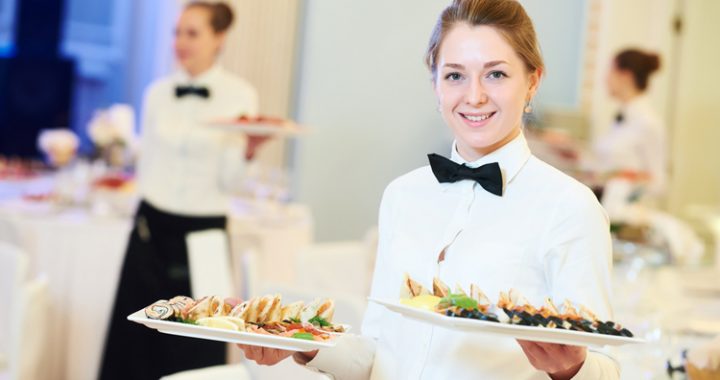 Catering Advice From the Caterer
Catering Advice From the Caterer  How to find a Caterer for the Company’s Holiday Party
How to find a Caterer for the Company’s Holiday Party  Know The Wedding Caterer
Know The Wedding Caterer 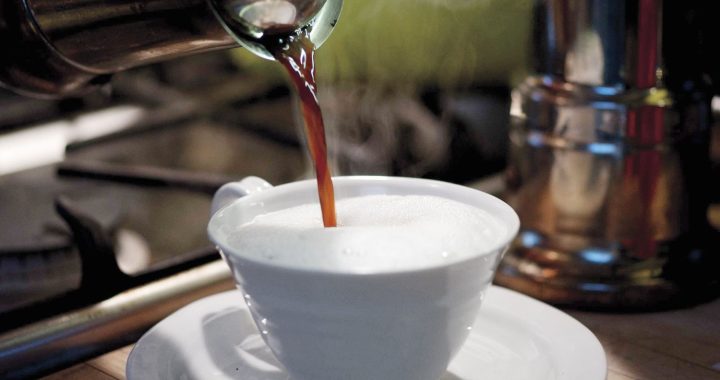 The Future of Coffee & Drinks: Sustainability, Innovation, and Personalization
The Future of Coffee & Drinks: Sustainability, Innovation, and Personalization 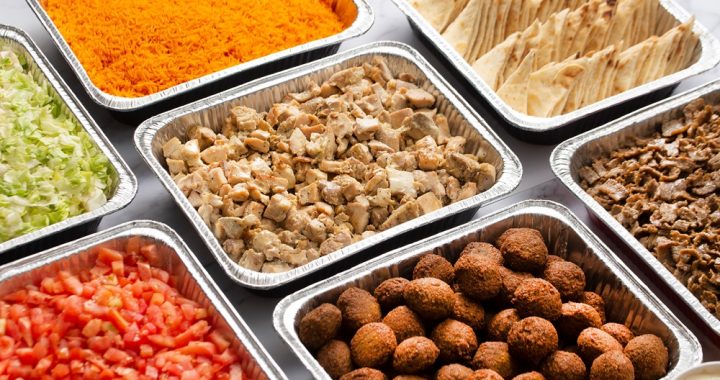 The Art of Catering: A Fusion of Flavor, Service, and Experience
The Art of Catering: A Fusion of Flavor, Service, and Experience 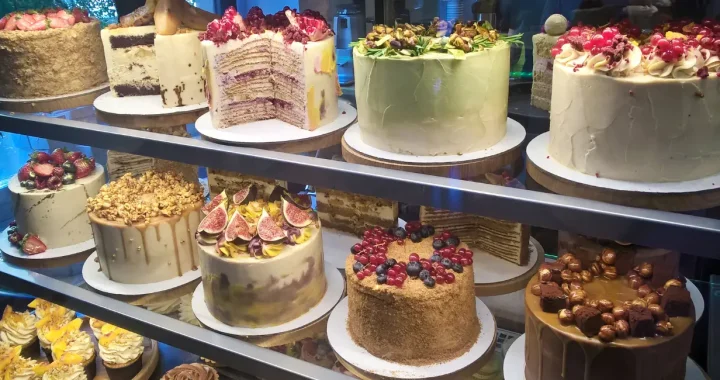 The Art and Craft of Bakeries and Cakes: A Journey of Flavor, Tradition, and Innovation
The Art and Craft of Bakeries and Cakes: A Journey of Flavor, Tradition, and Innovation 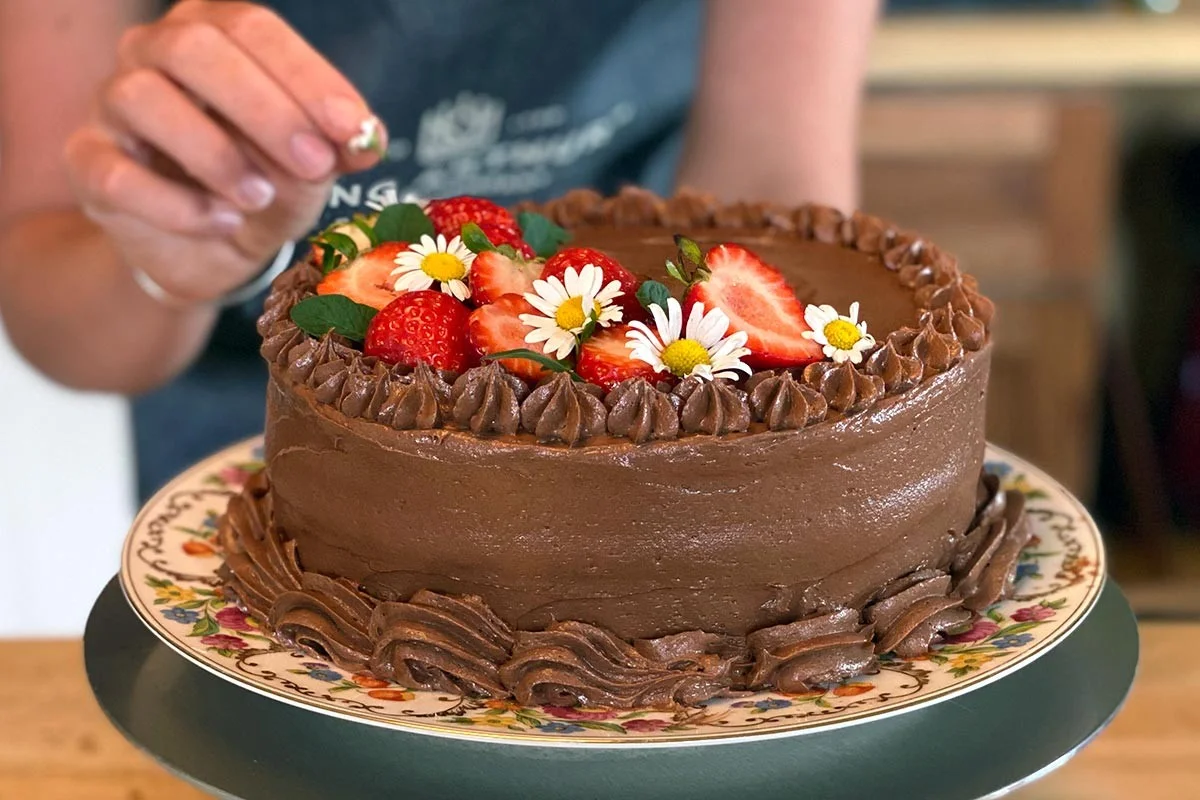 Delightfully Decorate Your Desserts with Edible Flowers for Cake: The Ultimate Guide
Delightfully Decorate Your Desserts with Edible Flowers for Cake: The Ultimate Guide